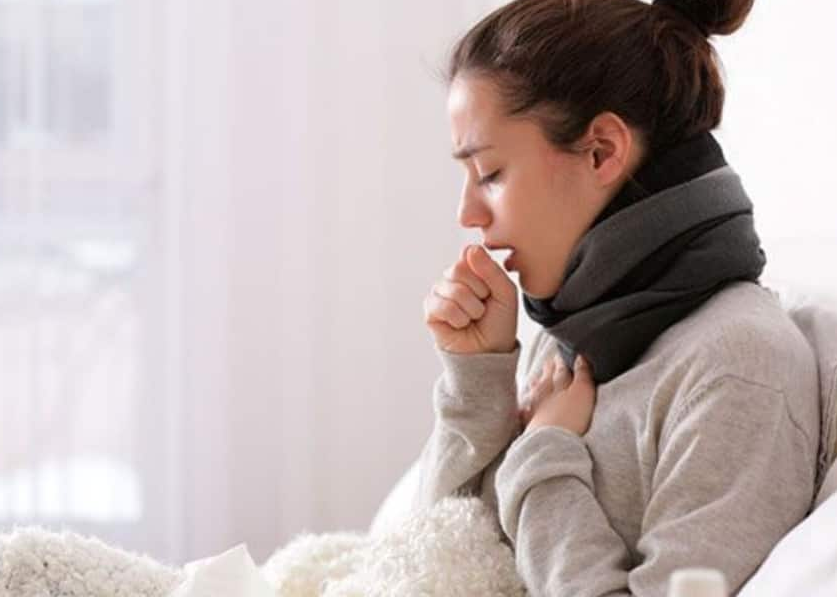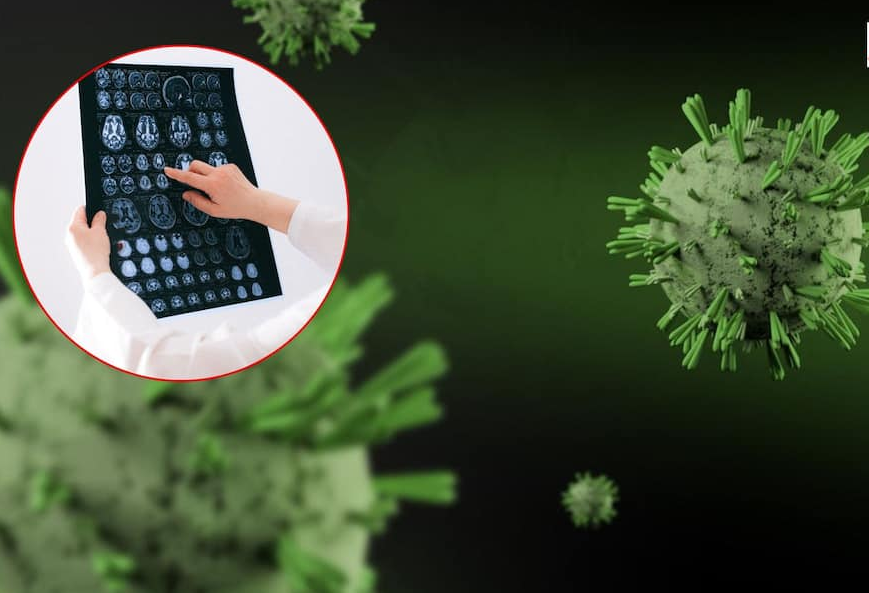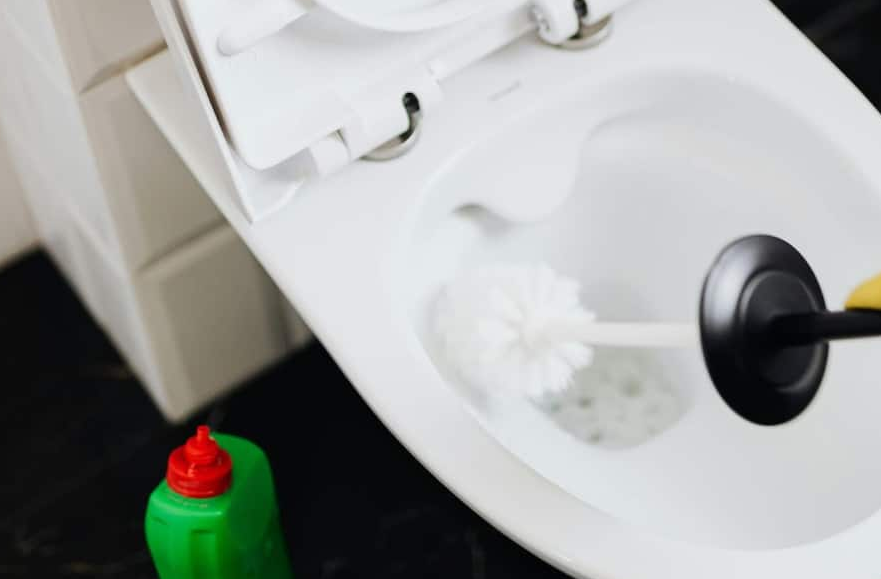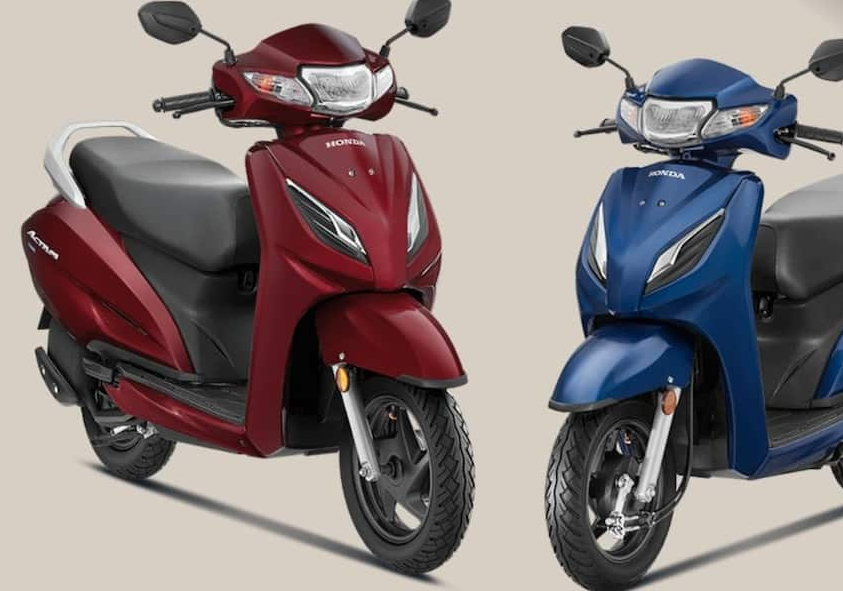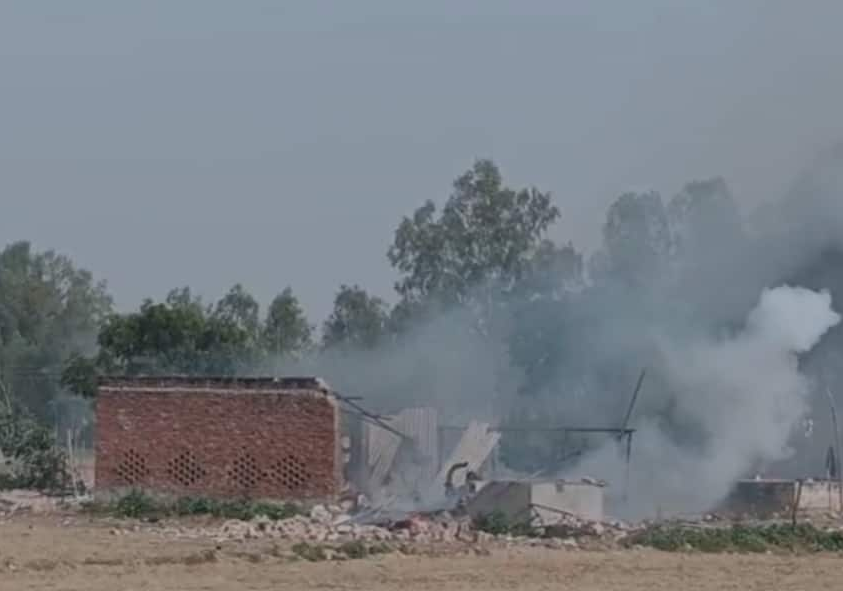
The experience of trekking in the mountains is amazing, but taking care of your health is equally important. With the right preparation and precautions, you can make your trekking experience memorable.
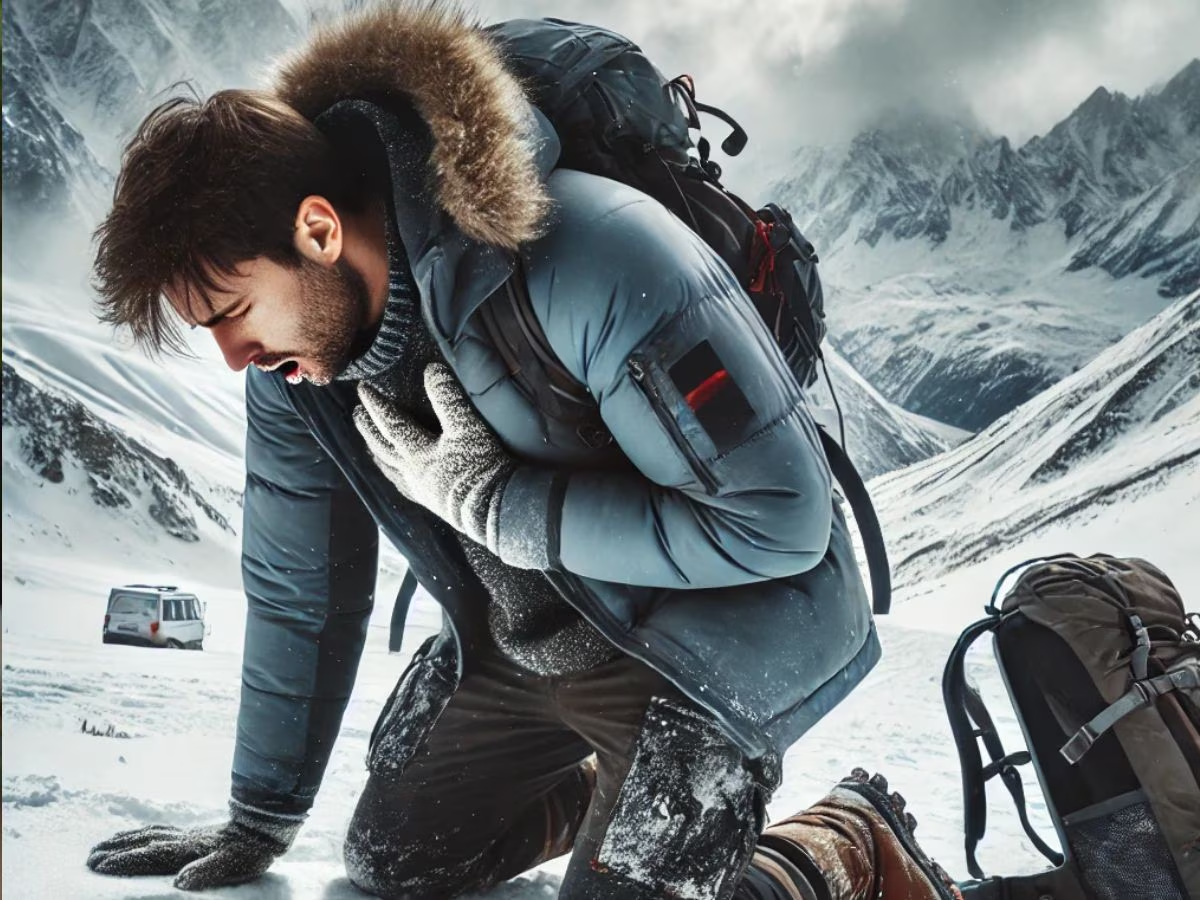
Shortness Of Breath While Trekking: For people who are fond of trekking, going to the heights of the mountains is an exciting experience. But often people feel difficulty in breathing during this time. It is very important to pay attention to why this happens and how it can be avoided, especially if you are planning a trip to the mountains.
Why do we have trouble breathing?
When we climb to a higher altitude, the amount of oxygen in the air starts to decrease. At an altitude of 2,500 meters or more above sea level, the atmospheric pressure decreases, due to which the body is unable to get oxygen in a normal way. This is called "high-altitude sickness". Its symptoms include breathing problems, fatigue, dizziness, headache and nausea.
How does it affect the body?
1. Low oxygen level:
Due to lack of oxygen at high altitude, the lungs do not get enough oxygen, which leads to shortness of breath.
2. Lack of adaptation -
It takes time for the body to adjust to the environment at the new altitude. The body is not able to adapt properly if it suddenly goes to a higher altitude.
3. Physical Fitness:
People who have weak physical fitness have to face this problem more.
Ways to avoid breathing problems
1. Climb slowly:
While trekking, keep the speed of climbing the height slow so that the body gets time to adapt to the environment.
2. Stay hydrated
Drink plenty of water. It is very important to maintain moisture in the body.
3. Take a break.
After every few times, stop and take a breath and relax.
4. Give yourself time for acclimatisation:
Before starting trekking, spend a few days in the area so that the body can acclimatise to the high altitude.
5. Take proper diet,
eat light and nutritious food which can provide energy to the body.
What to do if you have trouble breathing?
If you feel breathless or have other symptoms, stop immediately and take deep breaths. Carry an oxygen cylinder with you to avoid oxygen deficiency.
Disclaimer: Dear reader, thank you for reading this news. This news has been written only to make you aware. We have taken the help of home remedies and general information in writing this. If you read anything related to your health anywhere, then definitely consult a doctor before adopting it.

